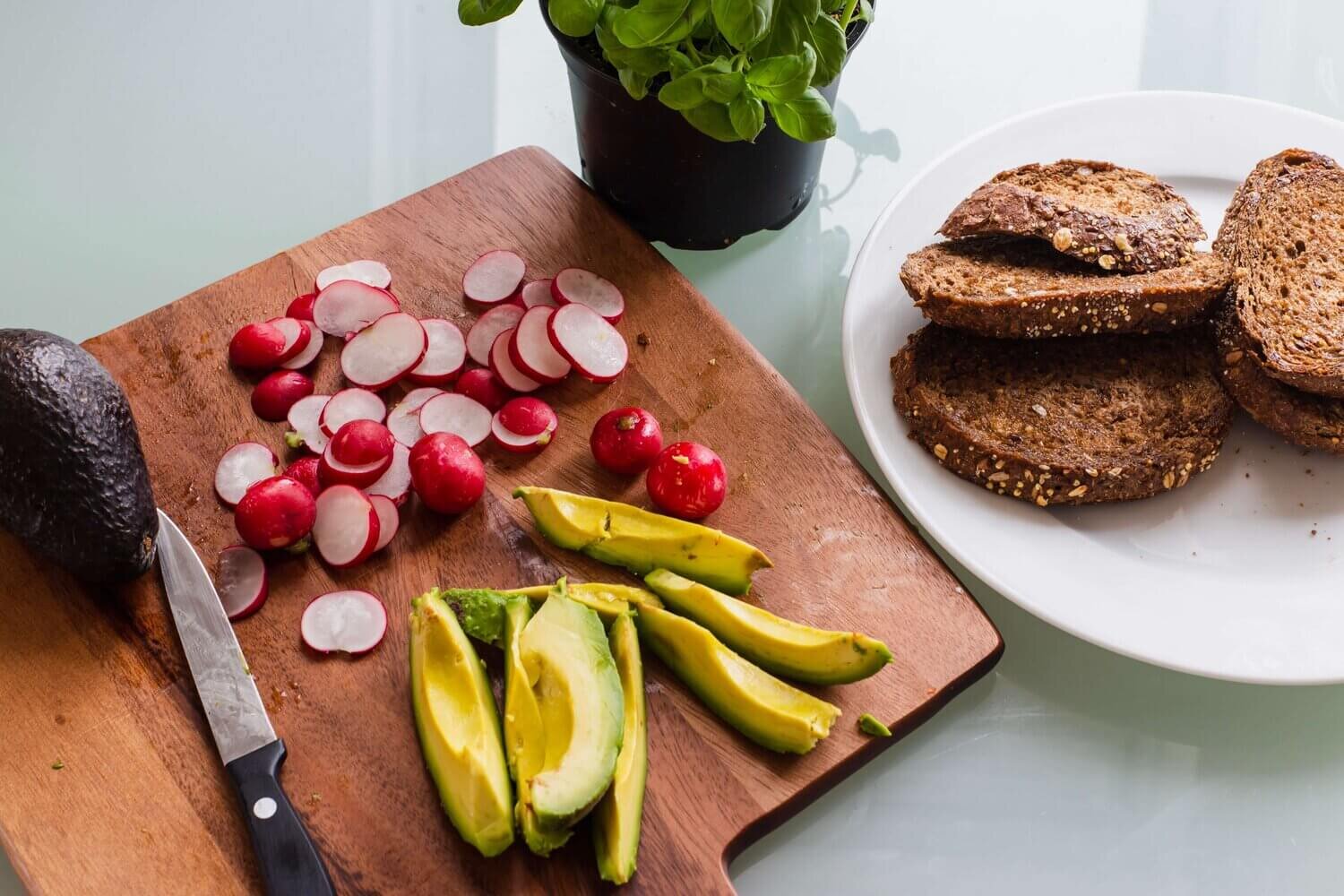6 Self-Care Tips to Boost Your Immune System Naturally
We all know that a healthy immune system lowers your risk of contracting a viral infection or the flu. While many companies may be quick to sell expensive supplements or so-called “immune support” products, there are many low-cost (or free!) ways boost immune system naturally and quickly. With health concerns mounting over potential exposure to COVID-19 as well as the seasonal flu, we’re sharing six self-care tips to keep a healthy immune system and what you can do to stop potential sickness in its tracks.
Get Outside
While Vitamin C usually gets the credit as the best immune boosting vitamin, research has shown that it is actually Vitamin D that helps support a strong immune system. The body needs Vitamin D to absorb calcium for strong bones, but is also plays a role in supporting healthy brain, nervous system, lung function and cardiovascular health. According to a study from 2011, deficiencies in Vitamin D are associated with increased susceptibility to infection. Even so, Vitamin D deficiency affects an estimated 1 billion people worldwide, or 50% of the current world’s population.
Vitamin D is frequently referred to as “the sunshine vitamin” since your body is able to convert large amounts of Vitamin D when exposed to UV-B radiation from the sun. While commonly found in fatty fish, such as tuna or salmon, cheese, and egg yolks, evidence has shown that Vitamin D from sunlight stayed in the body almost twice as long as the dietary nutrient.
The recommended daily allowance (RDA) for Vitamin D for most adults is 600 International Units (IU) per day. To achieve this, the Vitamin D Council suggests getting outside for 15 minutes per day, but this may vary based on geography, skin color and time of day. Three ounces of cooked salmon, or six ounces of canned tuna can also provide approximately this level of essential nutrient.
If necessary, consider supplementing with a Vitamin D supplement, but always discuss with your doctor before starting any new vitamin regimen.
Move Your Body
Getting in frequent workouts not only helps reduce stress and produce endorphins, but can play a key role in boosting your immune system. Physical activity has been shown to help flush bacteria out of your lungs and airways, as well as increased circulation of antibodies and white blood cells, which can more quickly detect and fight bacteria.
However, more is not always better. In fact, overexertion and too many workouts without proper recovery can also impair your immune system, making you more prone to getting sick.
For most, making moderate, regular exercise, such as daily walks or bike rides, part of their normal healthy habits is essential for receiving the benefits of exercise for good health.
Eat a Diet Rich in Whole Foods
Eating “the rainbow” of colorful fruits, vegetables and whole foods should allow you to get most of your recommendation daily intake of crucial vitamins and nutrients, although those with specific dietary restrictions may need to supplement with a daily multivitamin.
What Are whole foods?
Whole foods are those that are available without any, or minimal, processing, such as fresh fruits and vegetables. These foods generally do not have any added sugars, starches, flavorings and naturally have higher levels of vitamins and minerals. Many of these are considered “immune booster” foods and should find a place in your daily diet.
Which foods should you eat to boost your immune system?
Fruits that boost the immune system, which include citrus fruits such as: oranges, lemons and grapefruits, are high in Vitamin C.
Dark green vegetables, such as kale or spinach, are packed with vitamins A & C, as well as magnesium and iron.
Adding fresh garlic to your meal prep is known to be high in antioxidants, as well as having antibacterial and anti-fungal properties.
Try using ginger or turmeric in your cooking, as both are known as natural anti-inflammatories.
Seeds and nuts, such as pumpkin seeds and cashews, contain higher levels of zinc, which has been shown beneficial in fighting off common colds.
Avoid Tobacco and Alcohol
While an occasional drink may not be an issue, alcohol consumption affects gut health by disrupting the gut barrier, allowing bacteria to pass through more easily. Heavy alcohol drinking can also lead to immunosuppression, or a weakened immune system, since it can cause an accelerated inflammatory response.
Smoking, as well as vaping, introduces foreign and addictive substances into your lungs and bloodstream, leading to a greater susceptibility to infections, as your body is less successful at fighting off disease.
Focus on Quality Sleep
Sleep plays one of the most important roles in a healthy immune system. When we sleep, our body regulates hormone levels and repairs cells. Lack of sleep has been linked to greater risk of obesity, heart disease and infections. Poor sleep can also impair your judgement and reasoning, affecting your problem-solving and productivity during work hours. For most adults, getting an average of 7-8 hours of quality sleep per night is needed to receive the restorative benefits from sleep.
Cut Down On Your Stress
When we are stressed, the body produces cortisol, prompting us into a “Fight or Flight” scenario. This increase in cortisol suppresses the immune system, making us more susceptible to viruses and bacteria. Chronic stress levels can also lead to widespread inflammation, as well as high blood pressure and cardiovascular problems.
Lower stress levels by spending time outdoors, disconnecting from your smartphone, and practicing good self-care. Making sure to practice good sleep hygiene and getting a full night’s rest can also help regulate cortisol levels.






